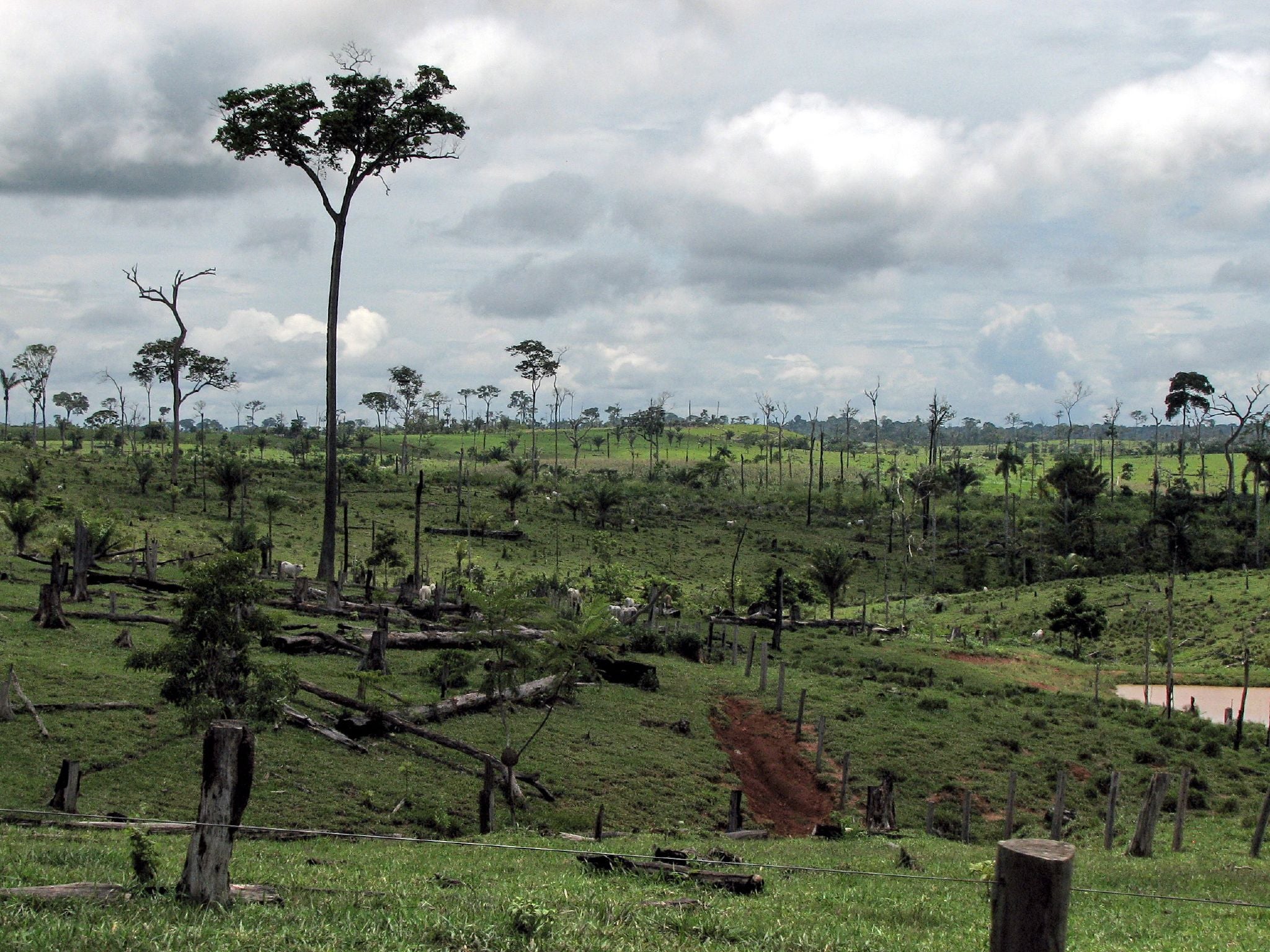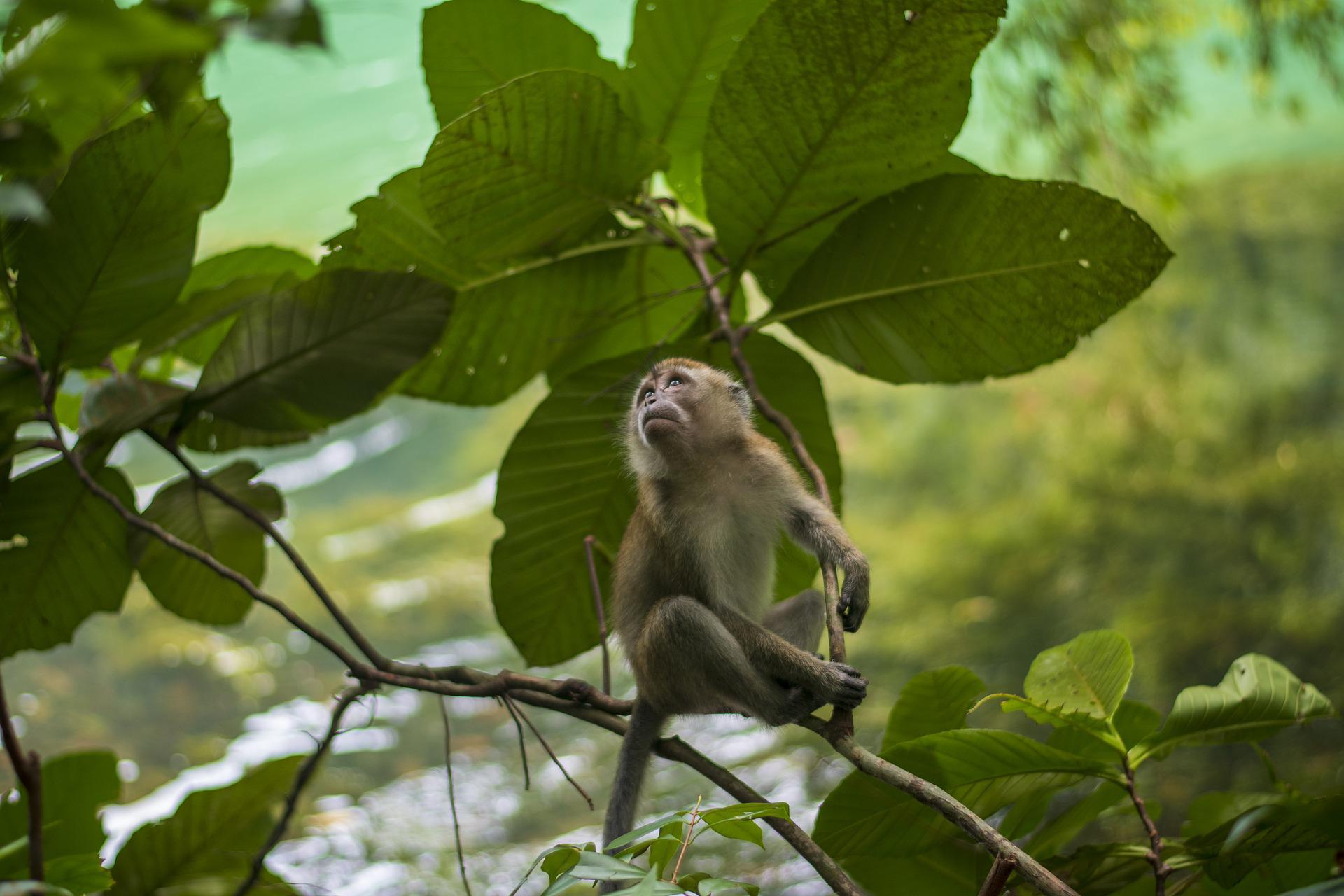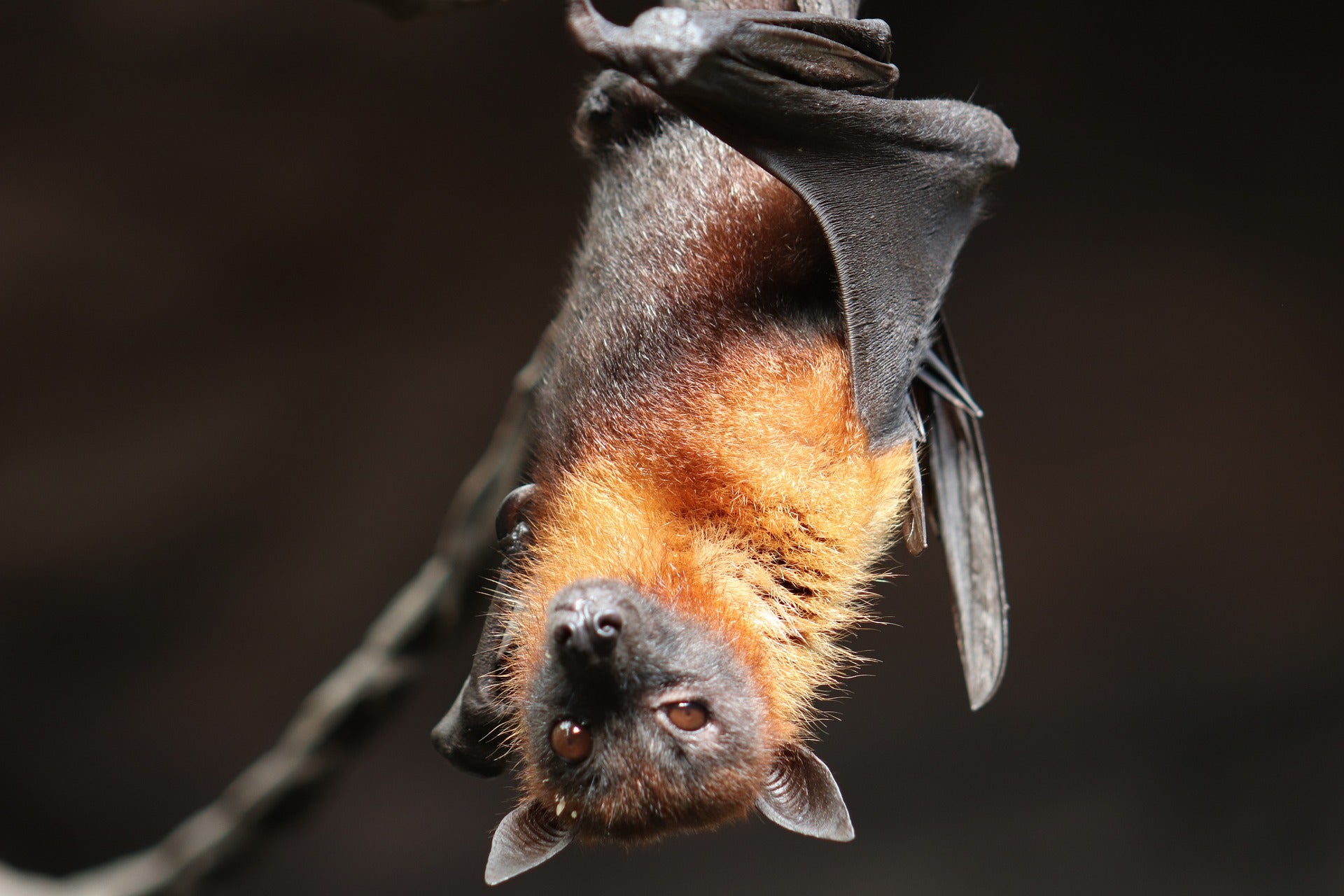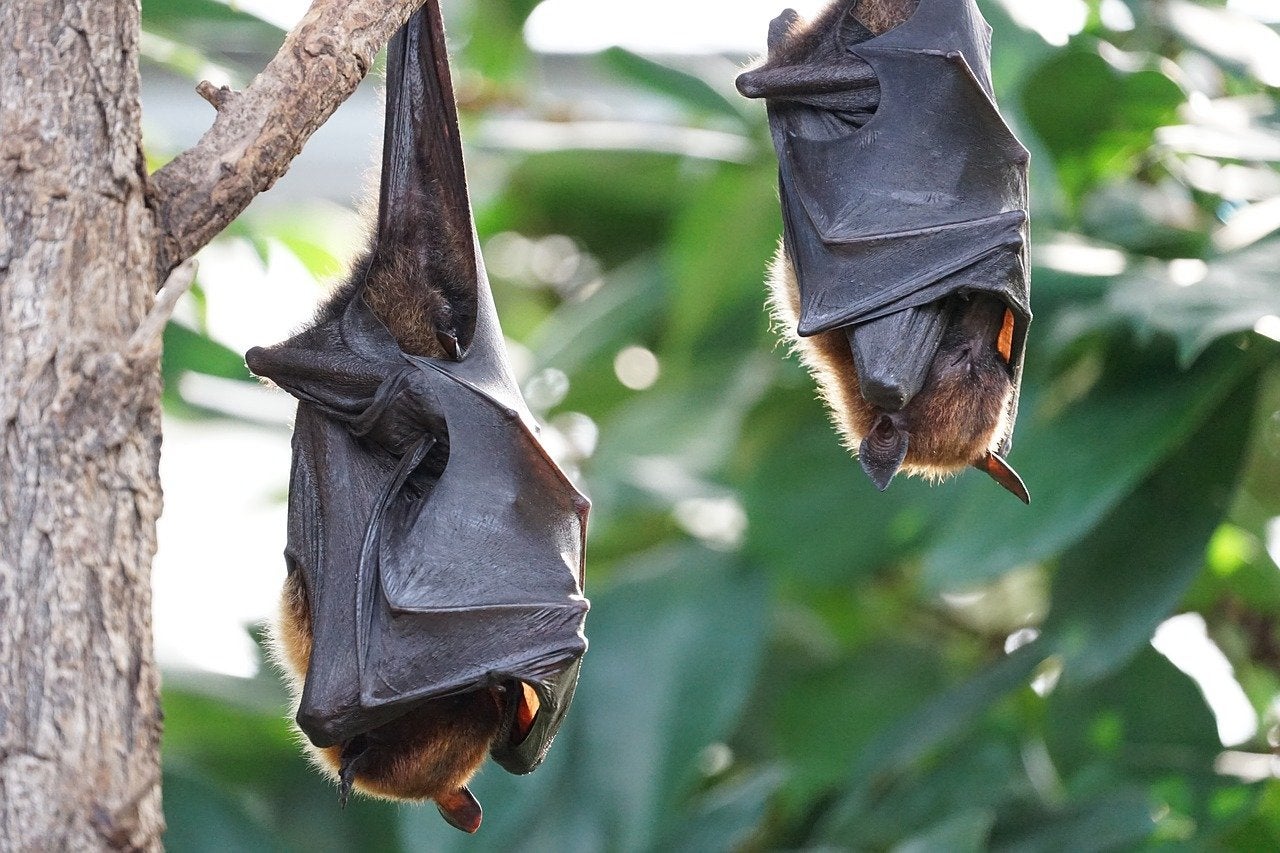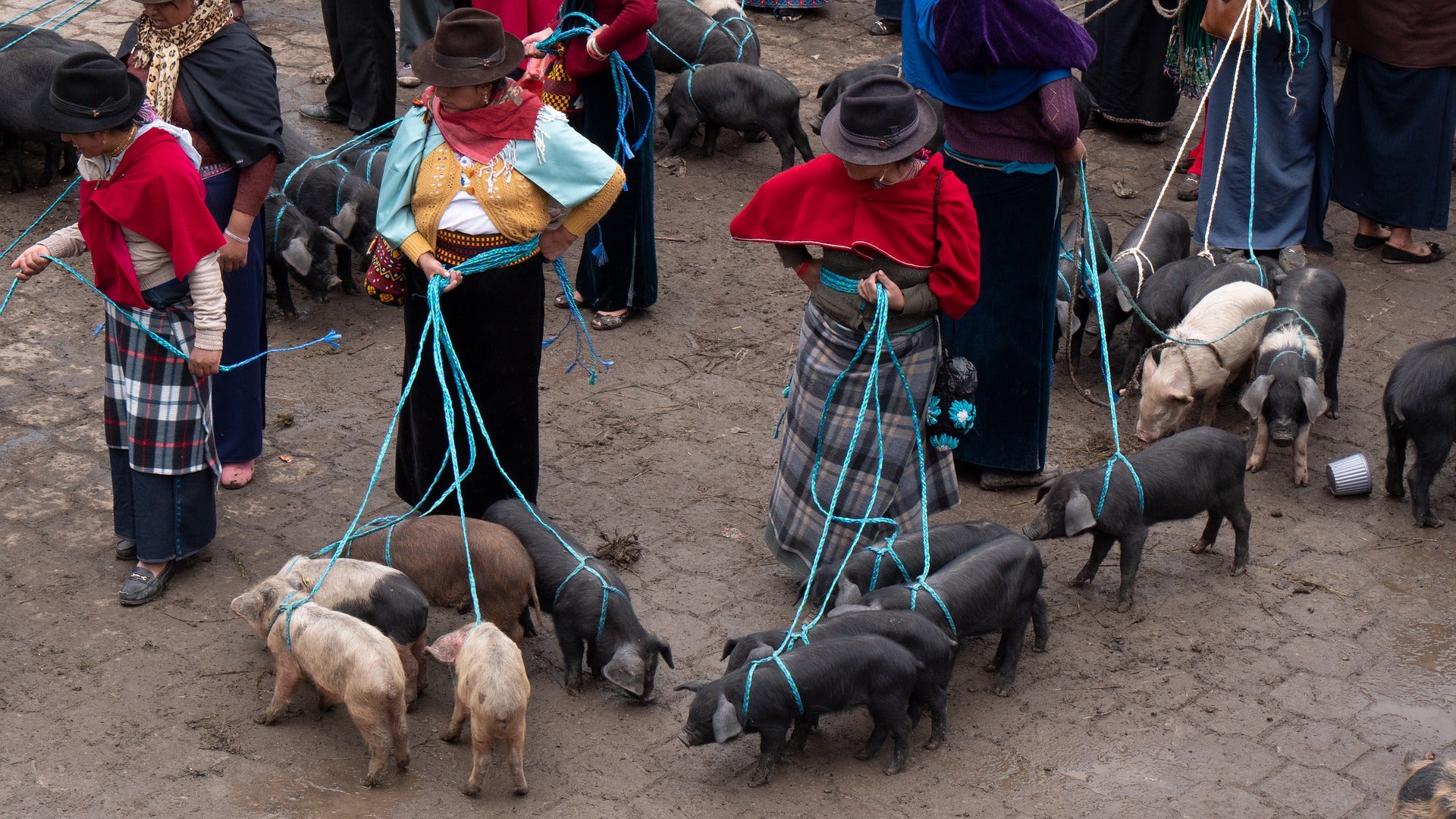World leaders must urgently act to prevent pandemics before they start and not solely rely on measures to limit outbreaks after they occur, says our Director Dr. Aaron Bernstein and colleagues in a commentary in Nature.
Spillover events, when a pathogen that originates in animals jumps into people, have likely triggered every viral pandemic that’s occurred since the start of the twentieth century and could increase several-fold in the coming decades, largely because of human-induced environmental changes. Little investment has gone into preventing spillovers despite research showing that the annual costs of spillover prevention (~$20 billion) are less than 5% of the lowest estimated value of lives lost from emerging infectious diseases every year and less than 10% of the economic costs.
The authors urge global policymakers to make spillover prevention central to three landmark international endeavors under development—the G20 agreement to create a global pandemic preparedness fund, the World Health Assembly pandemic agreement, and the post-2020 global framework being negotiated by parties to the Convention on Biological Diversity.
These agreements could put in place a coordinated global effort to reduce the risk of spillover alongside crucial pandemic preparedness efforts and foster a more proactive global approach to infectious diseases. The opportunity to finally address the factors that drive major disease outbreaks, many of which also contribute to climate change and biodiversity loss, might not present itself again until the world faces another pandemic.
Recommended actions to reduce the risk of spillover:
- Protect tropical and subtropical forests. Studies show that land-use change might be the largest driver of zoonotic infectious disease emergence globally.
- Ban or strictly regulate commercial wildlife markets and trade, particularly live birds and mammals.
- Increase biosecurity when dealing with farmed animals (domestic and wildlife) through better veterinary care, enhanced surveillance for animal disease, improvements to feeding and housing animals, and quarantines to limit pathogen spread.
- Improve health and economic security for people living in emerging infectious disease hotspots through increased healthcare services and educational and training opportunities.
Opportunities for global action to stop spillover events:
- The global pandemic fund that the G20 recently agreed to create must direct investments to prevent spillover in the places at highest risk—Southeast Asia to Central Africa to the Amazon Basin. The funding must be sustained for decades to ensure that efforts to reduce the risk of spillover are in place long enough to yield results.
- The international agreement under negotiation at the World Health Assembly must ensure more equitable international action to prevent pandemics by including the four recommendations to stop spillover.
- The UN Convention on Biological Diversity’s Post-2020 Global Biodiversity Framework must explain how activities that drive the loss of biodiversity, such as deforestation, also contribute to the emergence of infectious disease and must explicitly include spillover prevention in any text relating to the exploitation of wildlife and nature’s contributions to people.
Authors:
Neil M. Vora, Lee Hannah, Susan Lieberman, Mariana M. Vale, Raina Plowright & Aaron S. Bernstein

